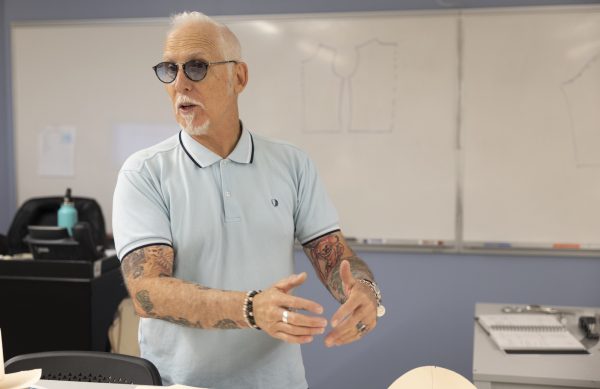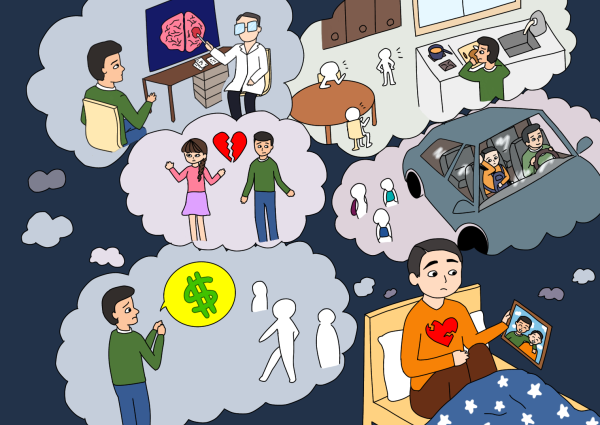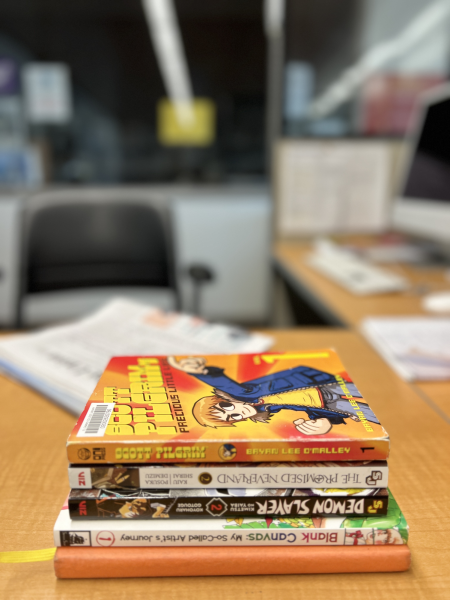My enemy is my phone
It’s 3 a.m. and I am scrounging on YouTube to find something to watch, although I have to wake up early tomorrow morning for an 9 a.m. class. I already know how the morning will start off and how hard it will be to stay awake during class, but I am glued to the blue screen like a mosquito to a dim light in the dark.
As I scrolled down to find something to watch, I are intrigued by a 3-year-old throwing perfect basketball shots which leads me to an infinite road of trick shots videos. Suddenly, I remember a funny scene from a movie I’ve recently watched and end up watching the whole movie practically in pieces before I realize the night has gone by.
I’ve considered how to minimize my time on the phone, perhaps for a more productive uses but seem to always fall into some sort of diverging cycle. Some days are good, other days are not.
The struggle is the same but the trance I get caught up in is always different.
A five-minute break can turn into a 2 hours of browsing through social media or playing Candy Crush, a small glace through Pinterest for a project inspiration can turn into infinite minutes of looking through other projects I will probably never get to, and a small product review can throw me on a tangent, looking through other unrelated items I won’t probably buy anytime soon.
While this has become a new normal, I have considered what the repercussions may be. Is this really that normal, and why are we compelled to constantly check our phone or spend so much time on our phone? Is it all our fault or reflection of the way the tech world is set up?
According to a collection of research put together by Kleiner Perkins, a venture capital firm in Silicon Valley, the average person spends around 3 hours on their mobile devices per day (including tablets) and 6 hours on digital media overall (including other devices like OTT’s and game consoles, laptops, computers, and mobile use altogether) ( footnote states study used taken from market research company eMarketer )
In some cases, my natural curiosity to dig deeper into subjects that interest me seems to drive my excessive phone use, yet the simple fact of having this device always nearby seems to have ultimately become an excuse to keep on browsing even when it is not necessary at all. In fact, it regularly puts me in a bad position to get things done.
.According to science journalist Catherine Rice in “How to Break up with your Phone” “…Phones and most apps are deliberately designed without “stopping cues” to alert us when we’ve had enough-which is why it’s so easy to accidentally binge (p.7).”
As I beat myself up day after day seeing the headaches, sleepless night, and even low grades due to the inability to put down the phone I have come to realized that this device has slowly turned into a foe rather than friend. It is not only a physical manner but internal manner as well.
However, as with many struggles comes the blessing of reflecting on our mistakes and how to improve on what is holding us down. After all excessive phone use had been related to other forms of addiction due to the release of dopamine.
I’ve learn that it’s not about killing my curious nature to learn new things or the efficiency the smart phone can provides us with, but about keeping in mind my priorities and in some extreme circumstances even restrictions (such as not using my phone as my sole form of entertainment).
In the journey to minimize my phone, I’ve come to realize and ask myself how the time and content I chose to spend and watch-primarily on YouTube, where I spend more of time- will help me in progress in important aspects of life such finishing college and become a responsible adult.
I question the significance all this time invested online will hold in my life in the next ten year nonetheless the next few weeks?
I tend to realize that half of the things I have spent my time browsing or watching are things I will soon forget about, while the guilt of what I could have done with those hours and even days I spent on my phone lingers on. Yet the urge continues, even as I write this paper.
In trying to regulate my content and use, I have also questioned whether what I’m watching is edifying and how this life pattern has affected my relationship with others and quality of life besides providing a easy to reach (but sometimes unfavorable) distraction.
How many time do we spend hours cradling our phone, while we forget about the ones who live around us or under our same roof?
Amongst the many reflections that have come with this struggle, one of the biggest eye-opener has been how great it feels when I have been disconnected for a long period of time, having real conversations with close ones, and creating real experiences as oppose to conforming seeing others’ through a tiny screen on my hands.
As the amount of time we spend on our phone increases, we must consider our relationship with our phone as if it were a relationship with a real individual and be critical of whether that relationship is going down a healthy road.
Extra links with further helpful information:












